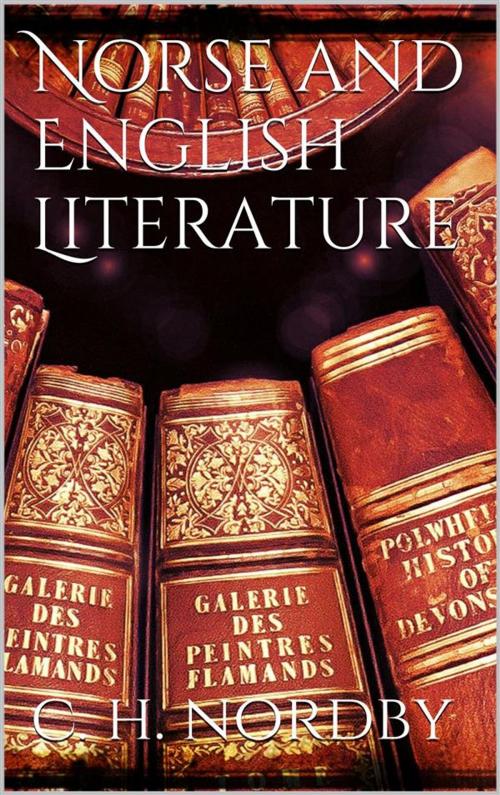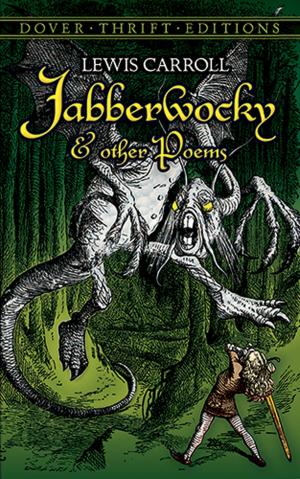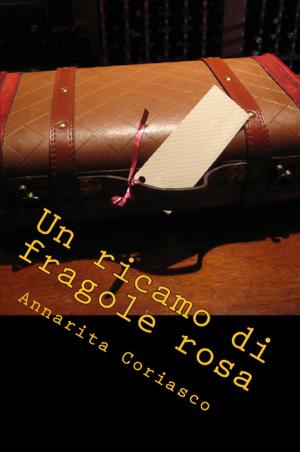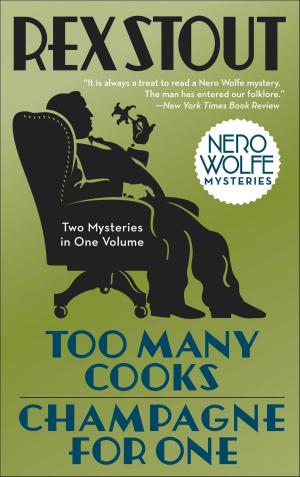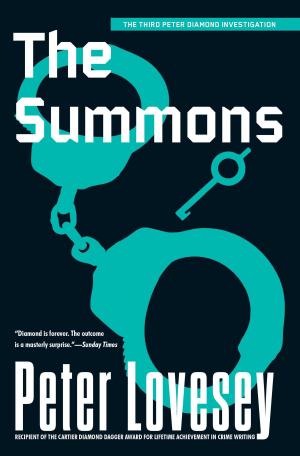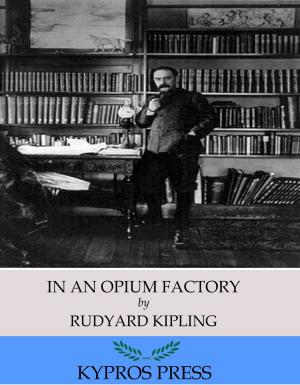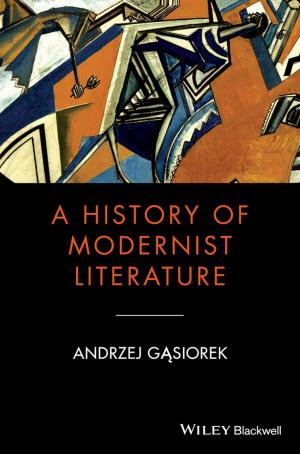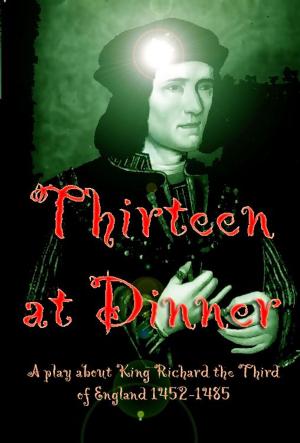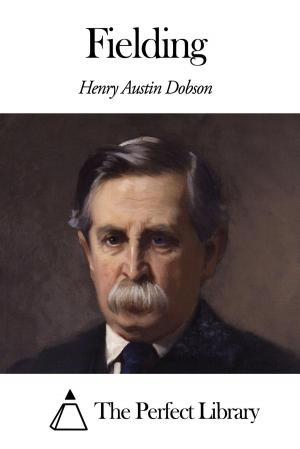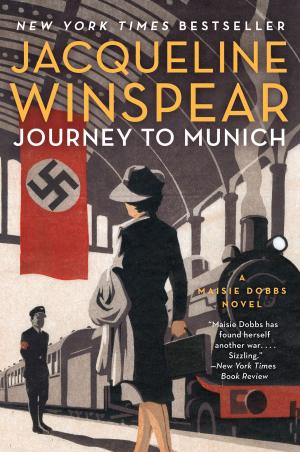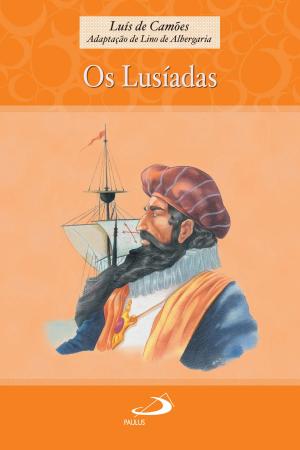Norse and english literature
Fiction & Literature, Literary Theory & Criticism, European, Scandinavian, Ancient & Classical, British| Author: | C. H. Nordby | ISBN: | 9786051769271 |
| Publisher: | C. H. Nordby | Publication: | July 14, 2015 |
| Imprint: | Language: | English |
| Author: | C. H. Nordby |
| ISBN: | 9786051769271 |
| Publisher: | C. H. Nordby |
| Publication: | July 14, 2015 |
| Imprint: | |
| Language: | English |
It should not be hard for the general reader to understand that the influence which is the theme of this dissertation is real and explicable. If he will but call the roll of his favorite heroes, he will find Sigurd there. In his gallery of wondrous women, he certainly cherishes Brynhild. These poetic creations belong to the English-speaking race, because they belong to the world. And if one will but recall the close kinship of the Icelandic and the Anglo-Saxon languages, he will not find it strange that the spirit of the old Norse sagas lives again in our English song and story.
The survey that this essay takes begins with Thomas Gray (1716-1771), and comes down to the present day. It finds the fullest measure of the old Norse poetic spirit in William Morris (1834-1896), and an increasing interest and delight in it as we come toward our own time.
It should not be hard for the general reader to understand that the influence which is the theme of this dissertation is real and explicable. If he will but call the roll of his favorite heroes, he will find Sigurd there. In his gallery of wondrous women, he certainly cherishes Brynhild. These poetic creations belong to the English-speaking race, because they belong to the world. And if one will but recall the close kinship of the Icelandic and the Anglo-Saxon languages, he will not find it strange that the spirit of the old Norse sagas lives again in our English song and story.
The survey that this essay takes begins with Thomas Gray (1716-1771), and comes down to the present day. It finds the fullest measure of the old Norse poetic spirit in William Morris (1834-1896), and an increasing interest and delight in it as we come toward our own time.
